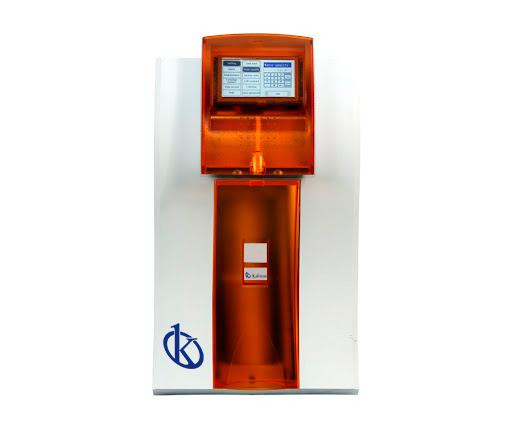Water is a vital element for human life and is therefore essential to maintain a good quality of life; in the workplace, a key factor that should also be considered is the quality of water for laboratories. If problems related to water quality are considered trivial, this can have a negative effect on the performance of laboratories, as well as on the quality of their results; therefore, it is very important to know how to avoid problems of water quality for laboratories.
There are several measures that can be taken to improve water quality and avoid problems in the laboratory
These can vary from the implementation of a filtration and/or disinfection program, to constant monitoring to detect possible contaminants, to improve the quality of the water in the laboratories, the first step that should be taken is to opt for an appropriate water source.
Well water or water from an underground source is generally not recommended for laboratory use, as this kind of water is usually contaminated with mineral salts, nitrates, chlorines and other harmful elements.
Take measures to ensure that the water chosen is from a source of services where they carry out their respective treatment process
Therefore, it is recommended to opt for a water source provided by a utility or a municipal water network, this water is generally better processed due to the many treatment processes and is usually free of pollutants.
Another measure is to ensure that the water is properly filtered, to carry out this task it is recommended to use activated carbon filters to remove heavy metals, preservatives and chlorines from water supply systems.
Maintain constant monitoring of water filtration for which teams work properly and generate effective results
Therefore, this is especially important for drinking water due to the possible contaminants that can be found in the water supply, in addition, it is necessary to constantly monitor the water quality.
This task can be accomplished by using regular laboratory tests to detect the presence of pathogens, chemicals, and particulate matter in water.
Specialists should disinfect the water with the exact amount of disinfectant needed to disinfect it and avoid future problems
The analysis of water quality must be carried out regularly to ensure that the water is safe for human consumption, as well as taking into account the appropriate disinfection, a source of water depends on the source of water and the amount of contaminants present.
If the contaminants are very numerous, higher doses will have to be used, however, this is a task that is usually best done with the help of an expert and/or health professional.
Laboratory water quality should be treated with due importance
In conclusion, the adoption of measures such as the selection of an adequate water source, continuous filtration and constant monitoring, as well as adequate disinfection, are necessary to ensure the adequate quality of the laboratory water.
These measures will help to prevent problems of water quality in laboratories, as well as to maintain performance and quality results.
Kalstein as a MANUFACTURER offers you the best water purification system on the market
To obtain sophisticated and top quality equipment regarding water systems, click on the following link HERE
You can visit our website HERE and enjoy great offers, also only we as MANUFACTURERS can guarantee your effective purchase.

